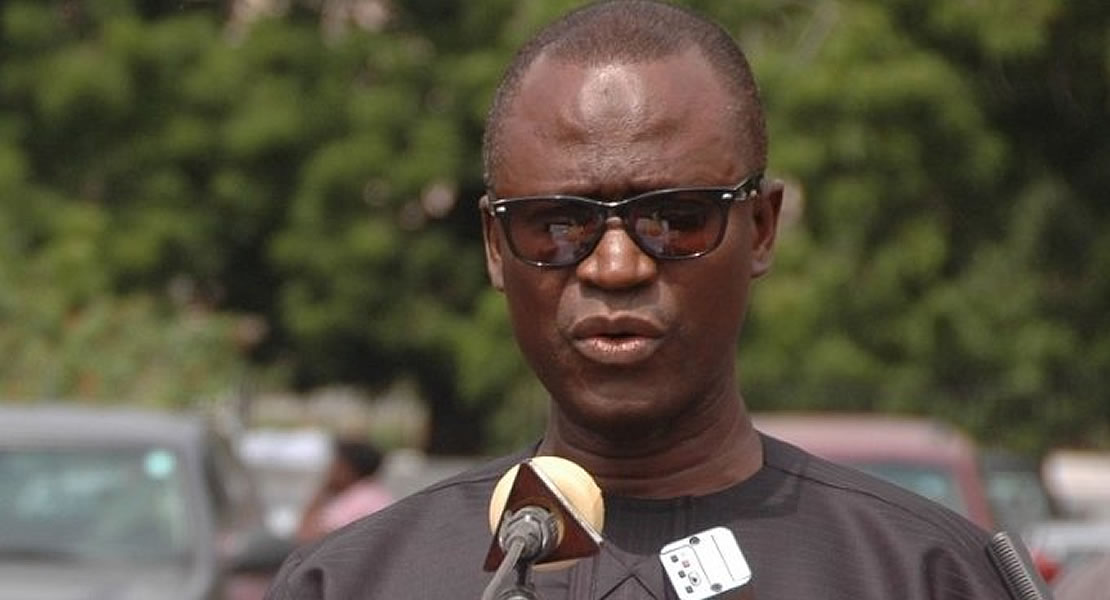
Dr Mustapha Ahmed, Deputy Minister of Water Resources, Works and Housing, and Member of Parliament for Ayawaso east, has said the increase in the world’s population to 7 billion has necessitated the need to develop policies to fight climate change.
He said the population increase would be associated with some environmental challenges such as delivering quality health care services, housing, safe drinking water and reliable transportation services.
He said the future poses a huge challenge to the survival of humanity adding that success would depend on how we manage the competing pressures of population growth, rapid urbanization and climate change.
Dr Ahmed said this at a durbar in Takoradi organized by UN-Habitat to commemorate World Habitat Day and it was on the theme “Cities and Climate Change- Impact of Oil and Gas on Human Settlement”.
The World Habitat Day is celebrated annually on the first Monday of October to reflect on the state of human settlements and people’s right to sufficient shelter and this year’s celebration was hosted by Mexico.
Dr Ahmed said this year’s celebration would clarify the relationship and linkages between urban settlements and climate change which are real and potentially deadly.
He said in Ghana, cities and towns contribute significantly to the effects of climate change essentially because of bad planning, unplanned settlements without layouts, absence of proper zoning and poor structural designs.
He said the increased population would also bring some opportunities including the concentration of people, industries and infrastructures in the urban areas, for appropriate strategies to be effected to help reduce greenhouse gas emissions.
GNA